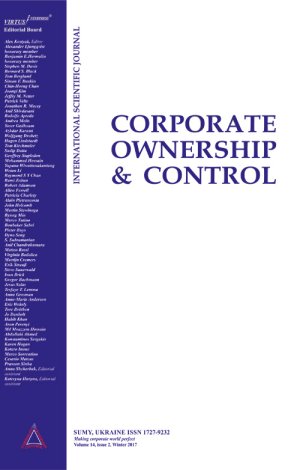
-
 Journal menu
Journal menu

- General information
- Editorial Board and External Reviewers
- Journal Policies
- Publication Ethics and Malpractice Statement
- Instructions for authors
- Paper reviewing
- Article processing charge
- Feedback from stakeholders
- Journal’s Open Access statement
- Order hard copies of the journal
- 50 most cited papers in the journal
GOVERNANCE AND REGULATORY ISSUES: MICROFINANCE AND DEVELOPMENT OF RURAL COMMUNITIES IN NEPAL
Download This ArticleAbstract
Microfinance Institutions (MFIs) that have a mission to provide credit to the poorest of the poor appear to be the panacea for rural poverty and hardship and bring forward a promise of better tomorrows. However, MFIs as a means of expanding financial inclusion and competing with the informal financial sector are not such a success story in rural Nepal. The increasing demand for cash to meet social and religious obligations in largely subsistent village economies is increasingly supported by short-term seasonal migration. The removal of working-age males from communities produces a range of unanticipated and not necessarily desirable outcomes. MFIs, it is suggested, could ameliorate the problem and positively contribute to improved sustainable development outcomes.
Keywords: MFI, Seasonal Labour Migration, Nepal, Cash Need, Policy Implication
How to cite this paper: Jha, D. K., Locke, S., & Wellalage, N. H. (2016). Governance and regulatory issues: microfinance and development of rural communities in Nepal. Corporate Ownership & Control, 13(3-3), 491-501. https://doi.org/10.22495/cocv13i3c3p8

















